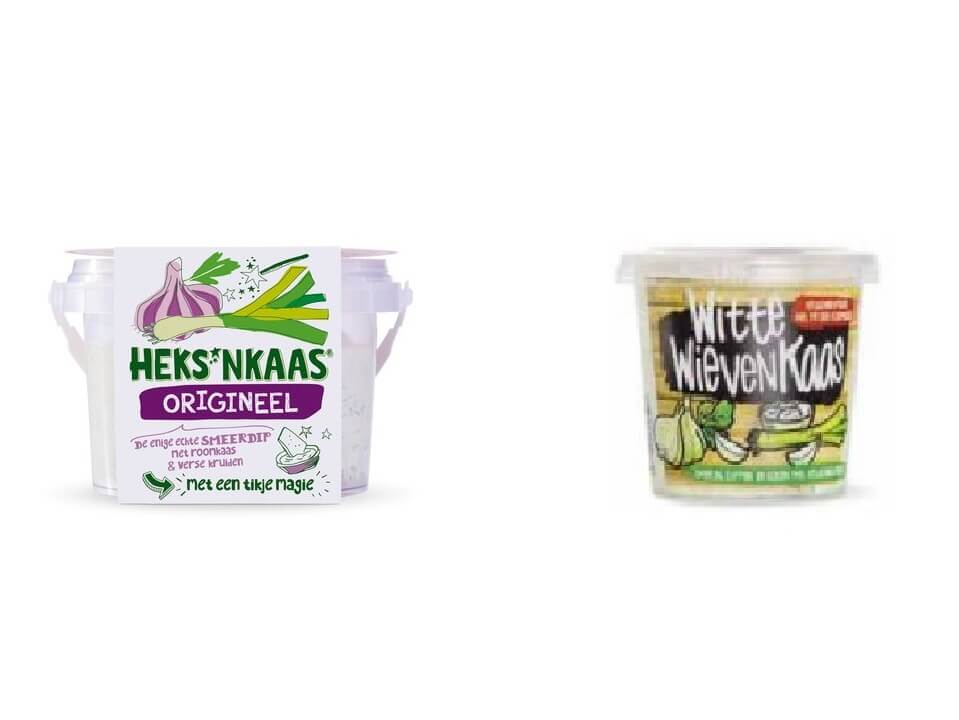The taste of food products cannot be protected by copyright. This follows from a judgment of the Court of Justice of the EU. Only ‘works’ are eligible for copyright protection. According to the Court, taste is not a work.
Taste is not a work: the requirements according to the Court
According to the Court, a work must be expressed in a manner that makes it identifiable with sufficient precision and objectivity. However, the Court finds that the taste of a food product cannot be identified with precision and objectivity. The identification of taste is based on taste sensations and experiences – and these are subjective and variable.
The taste of Heksenkaas vs that of Witte Wievenkaas
The Court arrives at this ruling in a dispute between two Dutch companies: Levola and Smilde. Levola was of the opinion that Smilde produced a spreadable dip (cheese) which infringed the copyrights to Levola’s dip. According to Levola, the taste of its spreadable dip (Heksenkaas) is a copyrighted work. The dip of Smilde (Witte Wievenkaas) would be an unauthorized reproduction of that taste, according to Levola.
Since the Court did not grant protection to the taste of Levola’s Heksenkaas, the Dutch courts will no longer have to judge whether or not the taste of Smilde’s Witte Wievenkaas resembles the taste of Heksenkaas too much.
Read the press release about this statement here.





Neem contact op